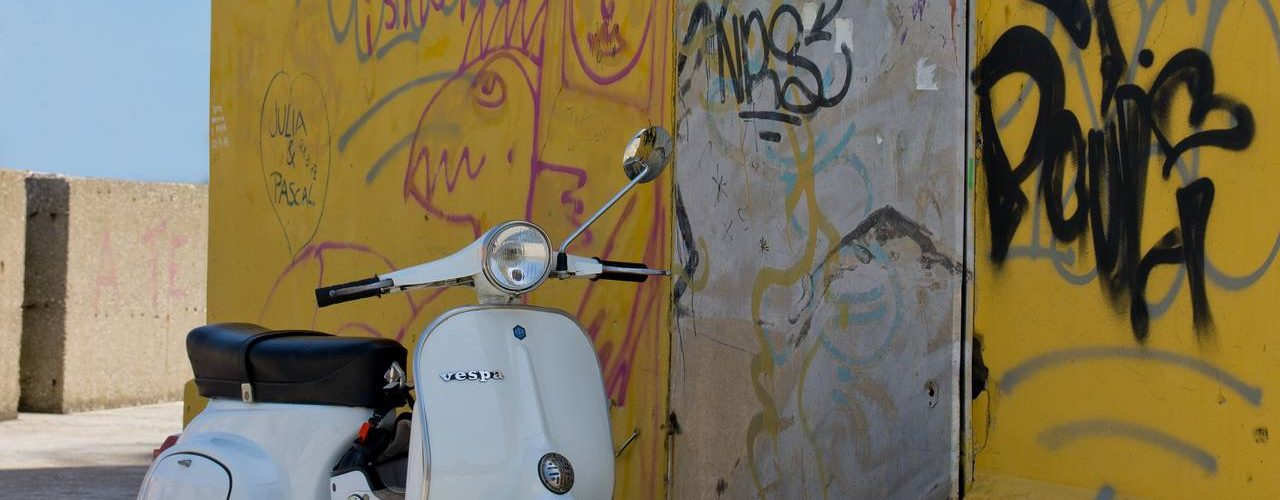The opinion of the Revenue Agency addresses issues related to a sector whose VAT treatment is closely linked to the provisions of Legislative Decree No. 152 of 2006 (Environmental Code). The correct VAT treatment applicable to the specific cases raised in the inquiry should be determined with reference to the provisions of the Environmental Code, as amended by Legislative Decree No. 116 of September 3, 2020.The opinion provides definitions from the Environmental Code regarding the activities of waste management, storage, temporary deposit, and collection. It states that the VAT rate of 10% applies to the services of “management, storage, and temporary deposit” related to “batteries and accumulators,” which are now explicitly considered “urban waste” according to the Environmental Code.However, the opinion clarifies that it is not within the scope of the Revenue Agency to determine whether the declared management activity of the Consortium falls within the definitions of the Environmental Code or whether the batteries and accumulators treated by the Consortium qualify as such according to the specific sector regulations. Such evaluations require technical assessments beyond the competence of the Revenue Agency.Regarding the first and second questions, the opinion refers to response No. 91 of 2022, which clarifies the VAT treatment of sums paid by producers of WEEE (Waste Electrical and Electronic Equipment) to municipal collection centers under certain conditions of good operation (referred to as “efficiency bonuses”). Response No. 91 qualifies these sums as “money transfers not subject to VAT” according to Article 2 of the VAT Decree when they are paid for “general objectives,” such as improving collection efficiency and environmental protection. The same conclusions can be applied to the sums referred to as “considerations” in the current inquiry, whether they are paid as “compensation for the costs of separate collection of batteries and accumulators… incurred by the public urban waste management service” (question 1) or as incremental payments based on year-to-year collection differences (question 2).Furthermore, the opinion states that when qualifying an allocation as a consideration or contribution, it is necessary to first rely on legal norms, and supplementary criteria should only be used if the legal norms are unclear. In this specific case, Article 6 of Decree-Law No. 188 of November 20, 2008, qualifies the sums paid by the Consortium to the Subscribers as “reimbursement of costs” and imposes on producers the responsibility for the costs of collection, even if initially borne by a different party. The specific agreement established under this legislation determines the modalities for reimbursing these costs.In conclusion, based on the provisions of the relevant agreements, the opinion suggests that the sums referred to as “considerations” in the current inquiry can be considered as reimbursement of costs, not subject to VAT, under specific circumstances.
Source: agenziaentrate.gov.it















